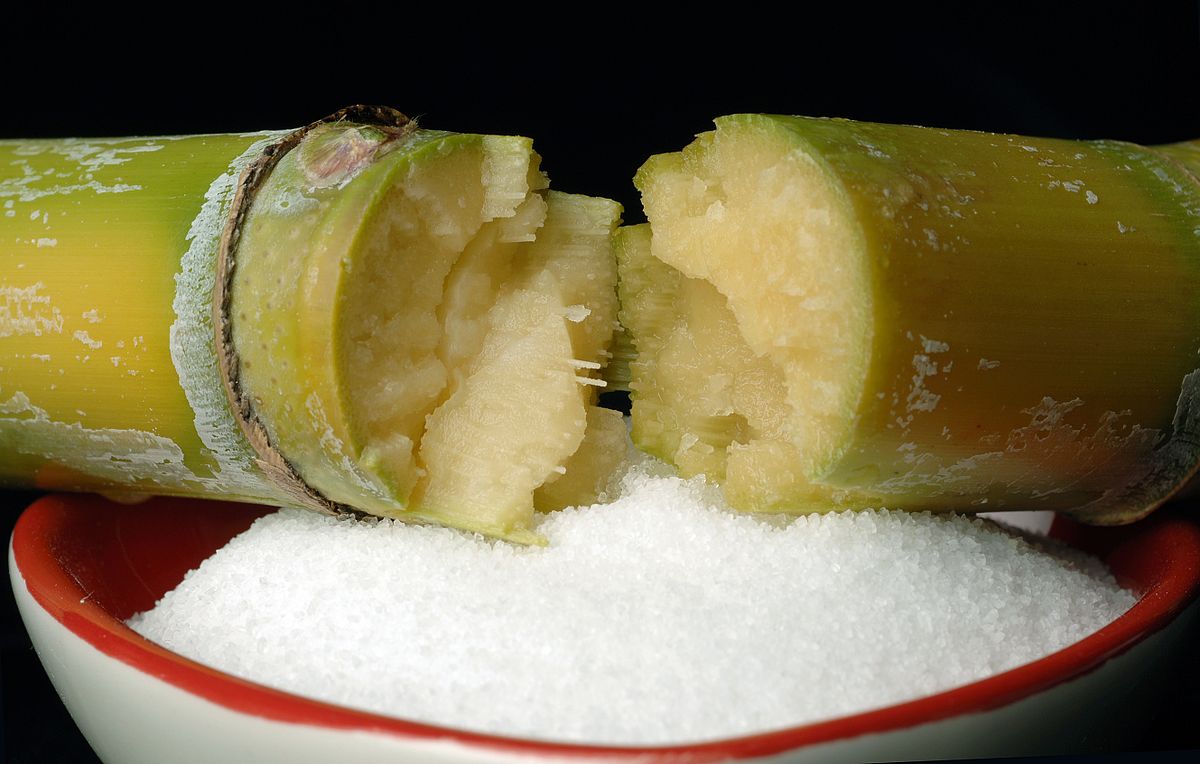A Detailed Review of the Health And Wellness and Economic Ramifications of Walking Cane Sugar Processing on Neighborhood Neighborhoods
Cane sugar handling plays an essential duty fit the economic landscape of neighborhood communities, using job opportunity and promoting supplementary industries. Nonetheless, the wellness implications connected with high sugar usage can not be ignored, as they contribute to climbing prices of excessive weight and diabetic issues. This nuanced dynamic welcomes an important evaluation of just how communities can optimize economic gains while resolving the pushing health difficulties they deal with. The expedition of academic efforts and sustainable techniques might simply hold the trick to fixing up these conflicting rate of interests. What strategies might neighborhoods implement to accomplish this balance?
Economic Advantages of Walking Cane Sugar Handling
Walking cane sugar handling provides substantial economic advantages that expand past the prompt agricultural sector. The cultivation and handling of sugarcane create numerous job opportunities, from farming to production and distribution. This work generation not just supports neighborhood economic situations however likewise promotes neighborhood development by giving stable earnings sources for family members.
Moreover, the sugar sector boosts supplementary services, including transport, equipment supply, and packaging services (Cane Sugar Processing). As these fields grow, they contribute to a more robust economic framework, enhancing overall area strength. The export possibility of refined cane sugar better magnifies financial benefits, positioning areas as affordable players in worldwide markets
Investment in contemporary processing centers can lead to increased productivity and efficiency, thereby decreasing waste and optimizing resource use. This change not only profits the neighborhood economic situation however likewise sustains sustainability efforts by reducing ecological influences.
In addition, the profits produced from walking cane sugar processing can be reinvested in neighborhood infrastructure, education, and medical care, promoting alternative neighborhood growth. Generally, the financial advantages of cane sugar handling are multifaceted, giving a foundation for sustaining success in farming regions.
Health And Wellness Threats Associated With Sugar Usage
Excessive sugar usage poses considerable health and wellness threats that call for significant attention. High intake of added sugars, specifically from processed drinks and foods, has been connected to countless wellness issues.
Moreover, high sugar consumption is connected with heart disease. Raised blood sugar level degrees can cause insulin resistance, a precursor to numerous heart-related problems. Furthermore, sugar can have detrimental effects on oral health, leading to tooth cavities and gum tissue condition, as germs in the mouth prosper on sugar, producing acids that wear down tooth enamel.
In addition, emerging study suggests a potential web link in between high sugar intake and mental health problems, such as clinical depression and anxiety. As areas face these health and wellness dangers, it becomes important to promote recognition and motivate healthier nutritional options. Addressing sugar intake is crucial not only for private health yet also for the total wellness of regional neighborhoods, stressing the demand for comprehensive public wellness strategies.
Ecological Effects of Sugar Manufacturing
Often overlooked in conversations about sugar's ramifications is the significant ecological impact of sugar production. The cultivation of sugarcane usually requires considerable land usage, bring about logging, loss of biodiversity, and disruption of local ecological communities. The conversion of forests and marshes right into sugar haciendas can cause habitat devastation, threatening various varieties and modifying environmental balance.
Furthermore, sugar production is resource-intensive, consuming considerable amounts of water for watering. This can lead to exhaustion of neighborhood water resources, adversely affecting both farming practices and community access to clean water. In addition, the use of chemical fertilizers and chemicals in sugarcane farming can add to dirt degradation and water pollution, as runoff from these chemicals goes into nearby rivers and lakes, influencing aquatic life and human health and wellness.
The ecological footprint reaches the processing phase, where power usage and waste generation further worsen eco-friendly concerns. Air contamination from burning sugarcane areas, in addition to greenhouse gas discharges, contribute to climate adjustment. Therefore, the ecological implications of sugar manufacturing warrant serious factor to consider, advising stakeholders to take on more lasting methods to minimize these adverse effects on local ecosystems and neighborhoods.
Work Development and Community Development
The ecological challenges presented by sugar manufacturing are frequently reversed by its potential for economic advantages, particularly in work production and community development. The walking stick sugar market offers as a considerable resource of employment in many backwoods, offering tasks across different skill degrees, from farming labor to processing and distribution roles. This work not just sustains individual family members but likewise adds to the total financial vitality of local areas.
Moreover, the establishment of sugar processing centers boosts secondary services, such as transportation services, devices supply, and maintenance companies. As these organizations thrive, they produce extra jobs and reinforce regional economic climates. The revenue created from the sugar sector additionally brings about raised tax incomes, which can be reinvested into neighborhood services such as health care, education, and infrastructure development.
In addition, the sugar his explanation market often involves in community development efforts, such as sustaining neighborhood colleges and health programs, thereby boosting the quality of life for citizens. By fostering strong neighborhood ties and advertising financial growth, the cane sugar processing field plays an important click for more info role in uplifting neighborhood populaces, making it an important element of sustainable development techniques in sugar-producing regions.
Harmonizing Wellness and Economic Growth
In navigating the intricacies of walking cane sugar handling, a vital difficulty lies in balancing health and wellness factors to consider with economic growth. The sugar sector substantially adds to local economic climates by producing jobs, promoting related markets, and enhancing tax obligation revenues. Nevertheless, the health ramifications related to excessive sugar intake can result in chronic conditions such as weight problems, diabetes, and cardio concerns, which can concern public wellness systems and diminish workforce performance.

Moreover, governing structures can play a crucial role in assisting market techniques in the direction of more health-conscious and lasting approaches. By cultivating collaboration in between government bodies, health organizations, and the sugar market, neighborhoods can browse the dichotomy of wellness and economic growth, ensuring that the benefits of cane sugar handling are equitably shared while prioritizing public wellness.
Final Thought
To conclude, the processing of walking stick sugar offers both considerable economic benefits and noteworthy health dangers for neighborhood communities. While it promotes work creation and boosts local advancement, the affiliated wellness issues, specifically regarding obesity and diabetes, require a mindful balancing act. more helpful hints By promoting responsible usage and investing in area education and sustainable practices, it is possible to maximize economic advantages while lessening adverse health and wellness effects, consequently ensuring a healthier future for neighborhood populations.
In addition, sugar can have detrimental impacts on oral health and wellness, resulting in dental caries and periodontal disease, as microorganisms in the mouth thrive on sugar, creating acids that wear down tooth enamel.
Dealing with sugar usage is vital not only for individual health and wellness but also for the overall health of regional areas, emphasizing the need for comprehensive public health and wellness techniques.
Often overlooked in discussions regarding sugar's ramifications is the substantial environmental impact of sugar production. The health effects associated with excessive sugar intake can lead to chronic conditions such as obesity, diabetic issues, and cardiovascular issues, which can worry public wellness systems and diminish labor force efficiency.
